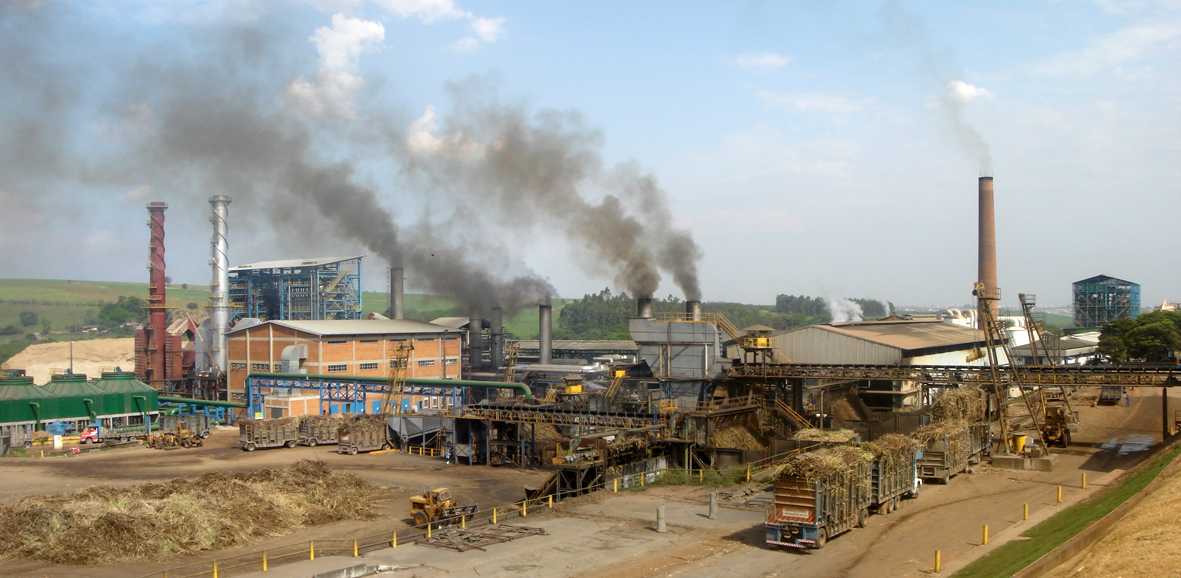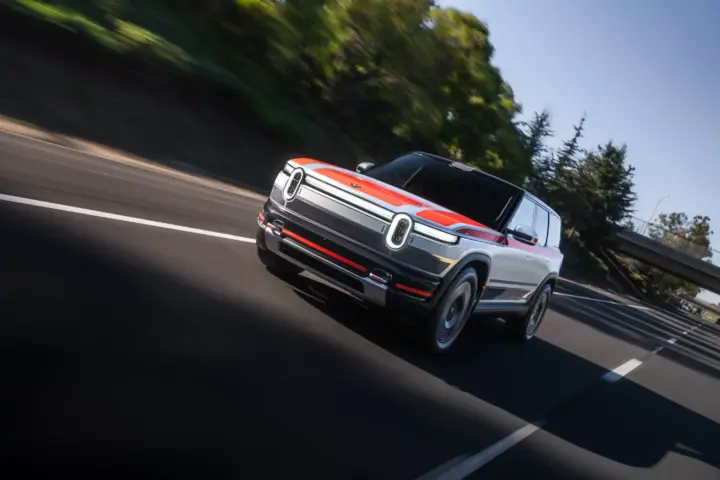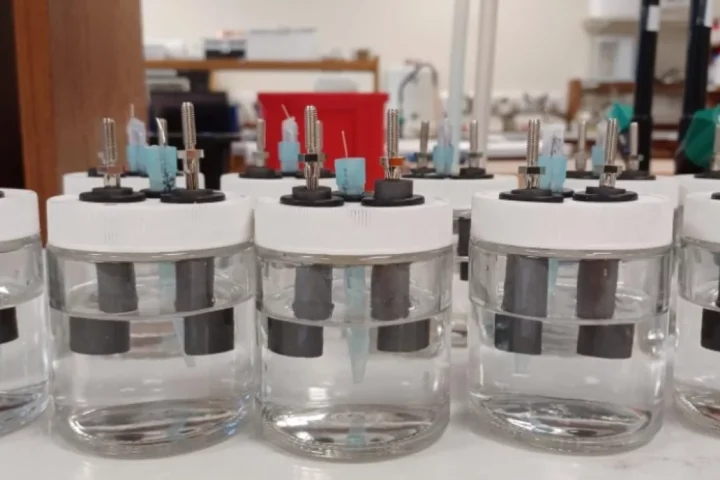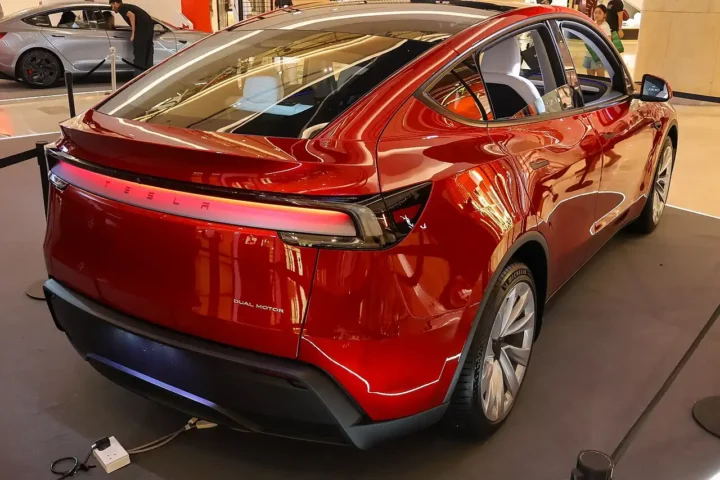The Environmental Protection Agency (EPA) has granted most of its backlog of requests from small oil refineries seeking exemptions from federal biofuel blending requirements, a move that brings both relief and complications to the energy sector.
Following a lengthy review process, the EPA examined and ruled on 175 waiver applications submitted by 38 small refineries, with some requests dating as far back as 2016. The agency granted full exemptions to 63 petitions, partial relief to 77, denied 28, and deemed 7 ineligible. The majority of exemption requests have now been addressed, with just 13 applications still awaiting decisions, primarily those for the upcoming 2025 compliance period.
The decisions affect approximately 5.34 billion of the tradable compliance credits known as Renewable Identification Numbers (RINs), which refiners use to demonstrate they’ve met their Renewable Fuel Standard obligations. The practical value of many exemptions is limited, though, as these credits expire after two years—meaning only about 1.39 billion RINs remain usable for compliance purposes.
Under the RFS, oil refiners and importers must blend biofuels like ethanol into the fuel supply or purchase RIN credits from those who do. Small refineries—those processing no more than 75,000 barrels per day—can request exemptions when they can demonstrate “disproportionate economic” hardship.
The EPA stated that bringing back pre-2023 RINs “will not impact the number of RINs available to meet 2024 and future compliance obligations and are not expected to impact demand for biofuels.” Program data shows affected small refiners will submit about 1.4 billion fewer RINs for 2023-2024 compliance years, against total mandates of 20.9 billion and 21.5 billion RINs respectively.
Industry reactions have been mixed. Patrick Serfass, executive director of the American Biogas Council, viewed the timing positively: “Issuing small refinery exemptions now, before renewable volume obligations are finalized, allows the EPA to balance both levers in the Renewable Fuel Standard.”
Serfass added that without increasing Renewable Volume Obligations (RVOs) to offset the exemptions, “RIN credit prices could crash, creating a harmful economic ripple effect across rural America.”
Oil refiners expressed different concerns. Chet Thompson, president of the American Fuel and Petrochemical Manufacturers, criticized potential reallocation of exempted volumes: “It is inexplicable that EPA is even considering adding more mandated biofuels on top of the largest and most expensive RFS mandate ever proposed.”
Similar Posts
“The 2026 and 2027 RFS would already cost refiners and consumers up to $70 billion each year and cannot be met with domestic feedstocks alone,” Thompson continued. “This is akin to your neighbor getting a tax break and the IRS showing up at your doorstep with the bill.”
The EPA announced it will “in the near future” submit a proposal to the White House Office of Management and Budget on how to account for these exemptions when setting future biofuel quotas. The agency does not plan to reallocate exempt volumes from 2016-2022 but proposes adjustments for the 2023-2024 compliance years.
Legal challenges to these decisions are “virtually guaranteed.” The EPA characterized its decisions as having “nationwide scope or effect,” a move intended to centralize litigation in the D.C. Circuit Court rather than multiple regional courts that might issue conflicting rulings.
For small refiners, these approvals bring a mixed outcome—while they received requested relief, many of the exemptions no longer hold practical value due to the two-year limit on RIN lifespans.
Following the announcement, renewable fuel credits tied to ethanol blending jumped above $1.16 each, up from about $1.07 the previous day, indicating the market’s immediate reaction to the news.



















